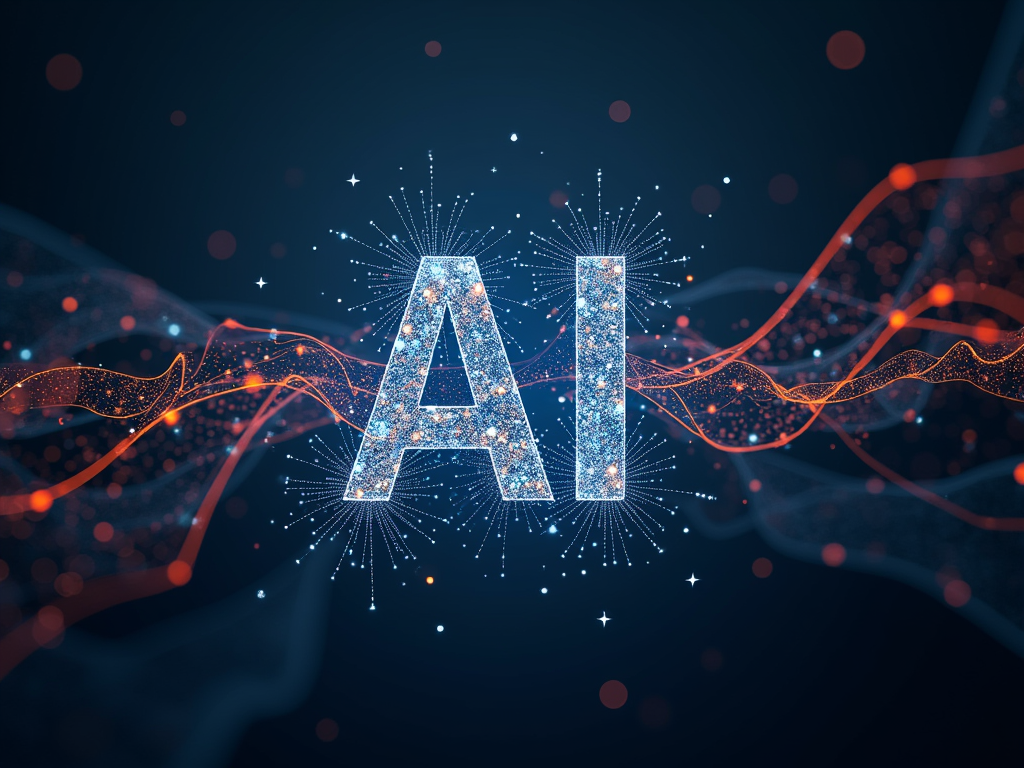
In an AI-proliferated future, the ability to engage in critical thinking and make complex decisions will be invaluable.
As AI systems handle more routine and data-intensive tasks, humans will need to excel in areas where nuanced judgment, ethical considerations, and innovative problem-solving are paramount.
Critical Thinking
Critical thinking involves analyzing information objectively and making reasoned judgments. It includes several key components:
- Analytical Skills:
- Data Interpretation: Understanding and making sense of complex data, identifying patterns, and drawing meaningful conclusions.
- Problem Identification: Recognizing problems and accurately defining their nature and scope.
- Hypothesis Testing: Developing hypotheses and testing them systematically to arrive at valid conclusions.
- Logical Reasoning:
- Deductive Reasoning: Drawing specific conclusions from general principles.
- Inductive Reasoning: Forming generalizations based on specific observations.
- Abductive Reasoning: Inferring the best possible explanation from incomplete information.
- Evaluation:
- Assessing Credibility: Evaluating the reliability and validity of sources and information.
- Argument Analysis: Deconstructing arguments to understand their structure, strengths, and weaknesses.
- Bias Detection: Identifying and mitigating cognitive biases in one’s own thinking and in others’.
- Decision Making:
- Weighing Evidence: Considering multiple perspectives and pieces of evidence before making a decision.
- Risk Assessment: Evaluating the potential risks and benefits associated with different options.
- Ethical Considerations: Incorporating ethical principles and societal impacts into decision-making processes.
Complex Decision Making
Complex decision making involves navigating multifaceted problems where the outcomes are uncertain, and the stakes are high. This requires several advanced skills:
- Systems Thinking:
- Holistic Perspective: Understanding how different parts of a system interact and influence each other.
- Interconnectedness: Recognizing the interdependencies within and between systems, whether they are technological, social, economic, or environmental.
- Strategic Planning:
- Long-Term Vision: Setting goals and planning for the future while considering long-term implications.
- Scenario Analysis: Developing and analyzing multiple future scenarios to prepare for various possibilities.
- Innovative Problem Solving:
- Creativity: Generating novel solutions and thinking outside conventional frameworks.
- Design Thinking: Employing user-centered approaches to design and problem-solving.
- Iterative Testing: Continually refining and improving solutions through feedback and iteration.
- Ethical and Moral Reasoning:
- Moral Frameworks: Applying ethical theories and principles to complex situations.
- Value Balancing: Weighing different values and ethical considerations, such as equity, justice, and sustainability, in decision-making.
- Collaboration and Consensus Building:
- Team Dynamics: Working effectively in diverse teams, leveraging different perspectives and expertise.
- Negotiation: Mediating between conflicting interests to find mutually acceptable solutions.
- Stakeholder Engagement: Involving various stakeholders in the decision-making process to ensure inclusivity and transparency.
- Adaptive Thinking:
- Flexibility: Adjusting strategies and approaches in response to new information or changing circumstances.
- Resilience: Maintaining effectiveness and composure under pressure or in the face of setbacks.
- Learning from Failure: Viewing mistakes as opportunities for learning and growth.
In an AI-driven world, critical thinking and complex decision-making skills will enable individuals and organizations to navigate uncertainties, leverage AI effectively, and address challenges that require human judgment and ethical considerations.
These skills will be essential for leadership, innovation, and creating sustainable, equitable solutions in a rapidly evolving landscape.
